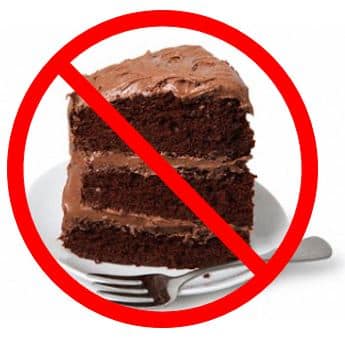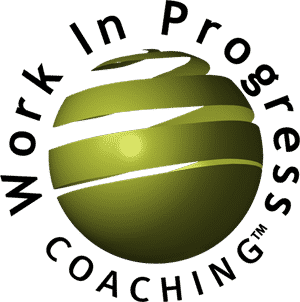Something has been bugging me for years: What’s with calling communication a “soft” skill? Does soft mean communication is mushy, delicate, fragile, easy as falling off a log, that it’s not hard to do?
 Anyone who has ever admitted a mistake, repaired trust, listened to feedback that rocked their world, or said what others were afraid to say knows that communication – both sending and receiving – is anything but a piece of cake.
Anyone who has ever admitted a mistake, repaired trust, listened to feedback that rocked their world, or said what others were afraid to say knows that communication – both sending and receiving – is anything but a piece of cake.
Maybe we call communication soft because it is open to interpretation and influenced by emotions, those unpredictable and sometimes prickly things. The hard stuff of metrics doesn’t ask us to care and numbers aren’t affected by emotions. Not so with communication. We enter into communication not knowing the exact outcome and we navigate as best we can along the way, knowing that being in communication is the way forward.
Hard is soft.
Years ago at the Global Institute for Leadership Development where I was an executive coach, Tom Peters proclaimed, “Hard is Soft. Soft is Hard.” He continued by saying creating a strategic plan is easy, making it happen is the hard part. Clearly, the hard and the soft stuff are connected. Without skillful communication, the plan doesn’t happen, the team doesn’t rally, and possibilities aren’t realized.
What’s the problem?
In response to that question, how often have you heard or said yourself, “There was a lack of communication.”? We know we need to be better at communicating, yet when we call it a soft skill, I think we dismiss it as less than important or inconsequential, even though we know, in our heart of hearts, that it holds everything together.
Dana Wright-Wasson posted: “I think we need to stop referring to certain skill sets as soft and instead call them core. To be core is to be essential, fundamental, foundational, central, basic. That post crushed the bug. Communication is core.
What to do
1st. Shift your mindset and think of communication as a core skill.
2nd: Identify where you want to be a more effective speaker and listener. (Don’t forget the power of listening.)
3rd: Go public with your commitment. Ask your manager, peers and direct reports where your communication is effective and where it could be better.
4th: Take corrective action to close the gap between the skill level you have and the one you desire. If you don’t have a gap between your view and how you’re perceived, create one. Why? Being an effective communicator means you know it’s never handled, that there’s always something to learn.
Whether employed, retired or just graduating high school, being a skillful communicator is core to fulfilling the possibility we are. It’s not easy, it’s definitely not soft and it is worth mastering.
I’m in. You?
Thanks for listening.
Camille
Subscribe
Get Camille's latest posts!
